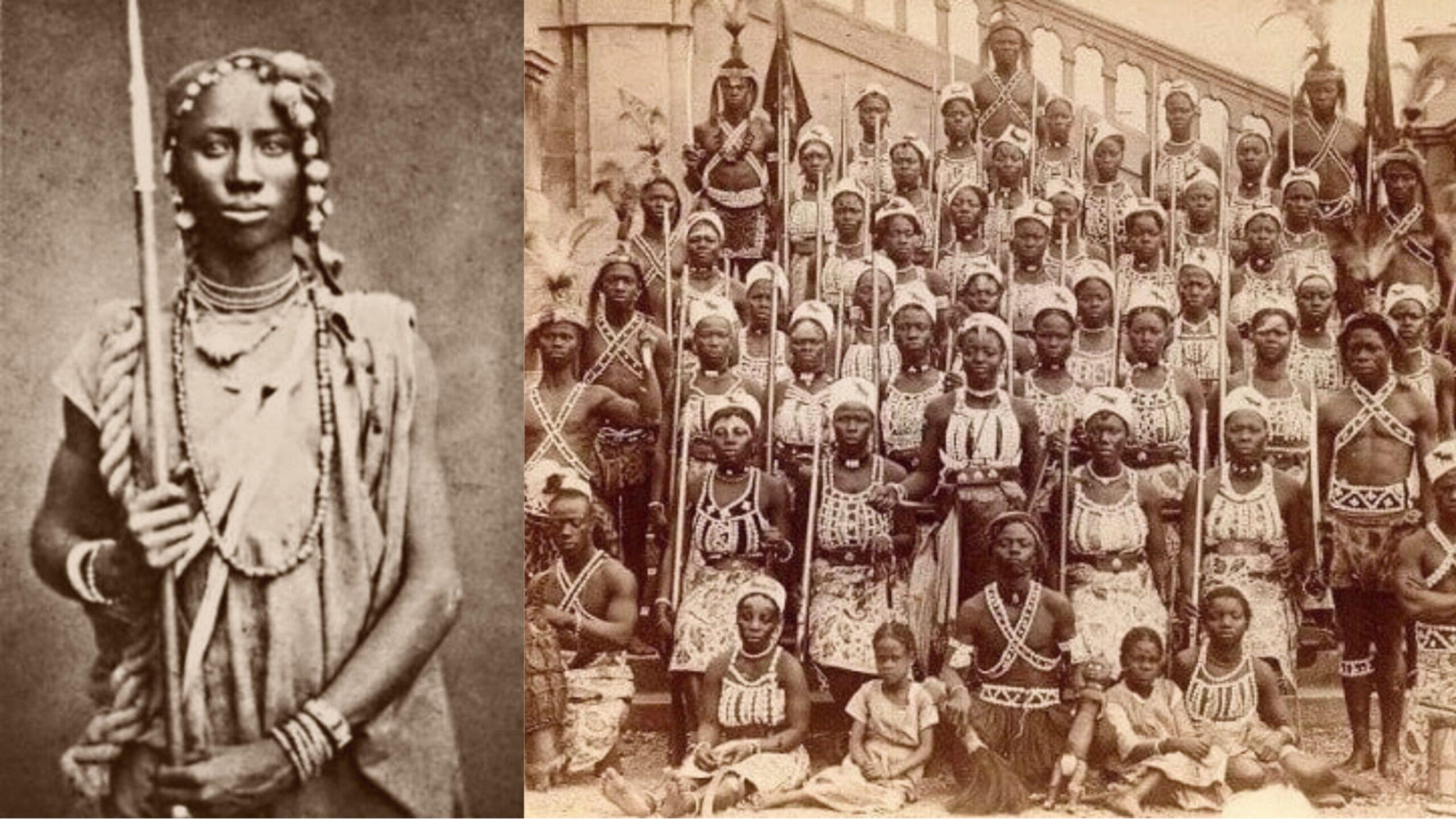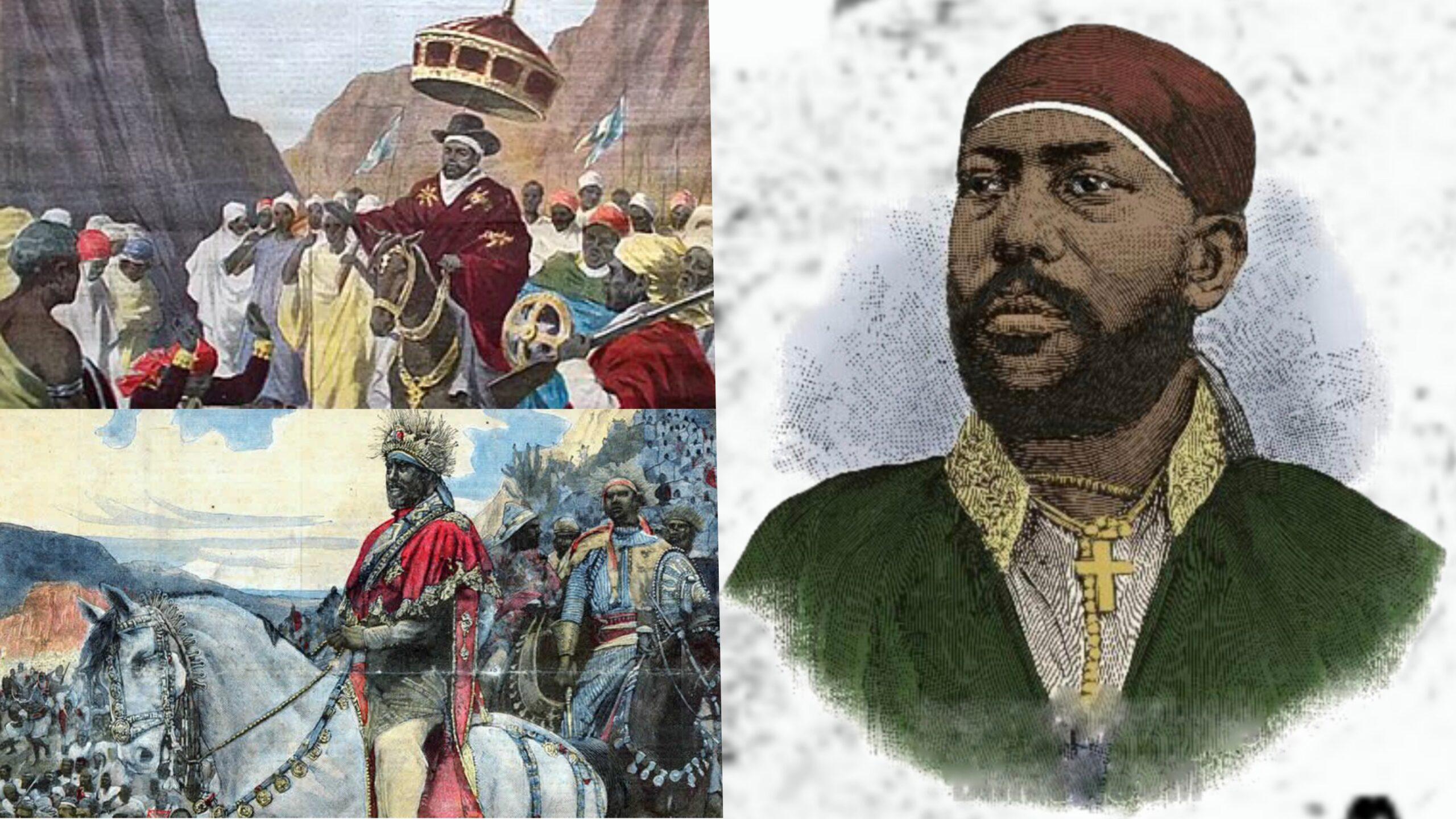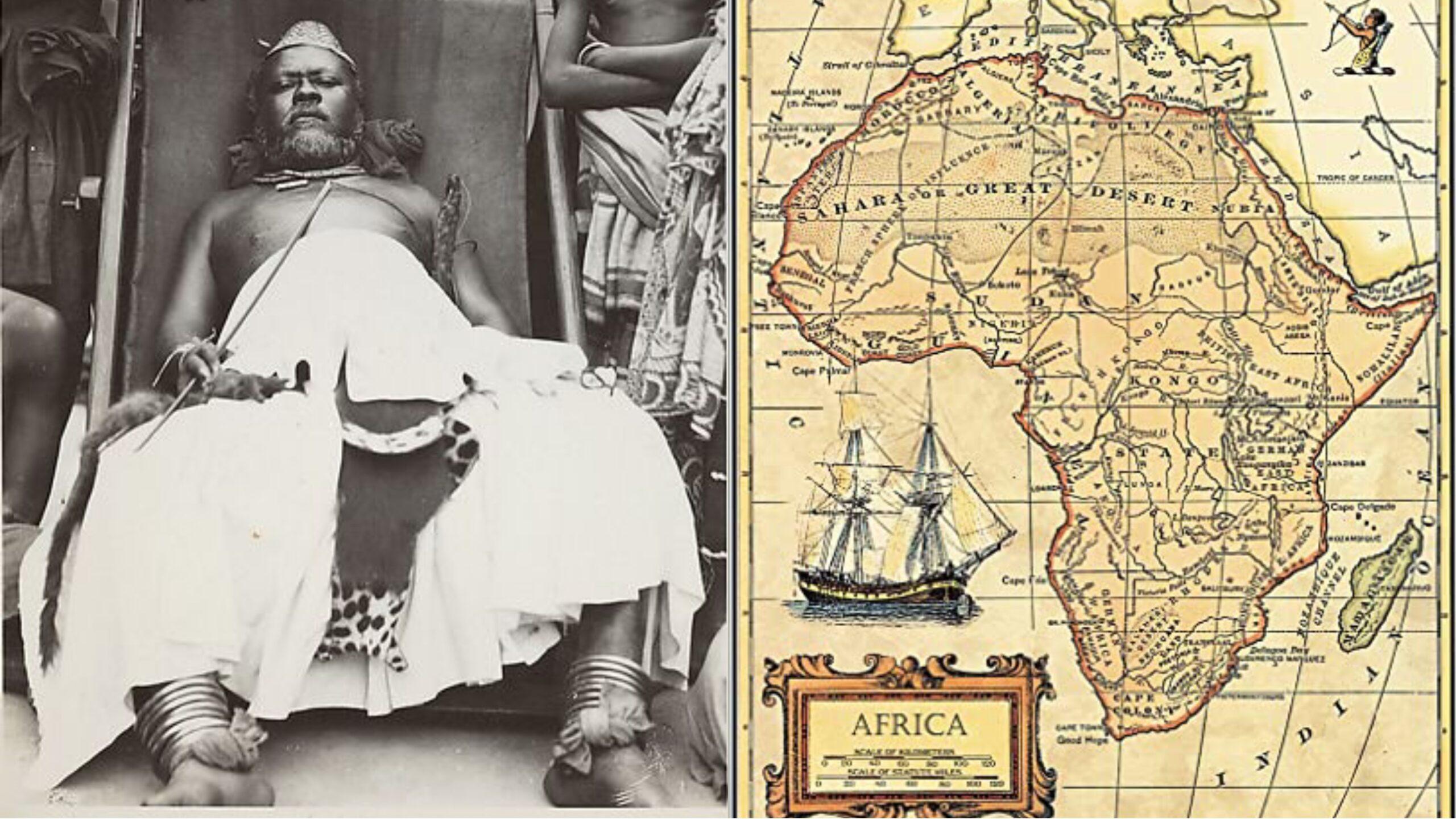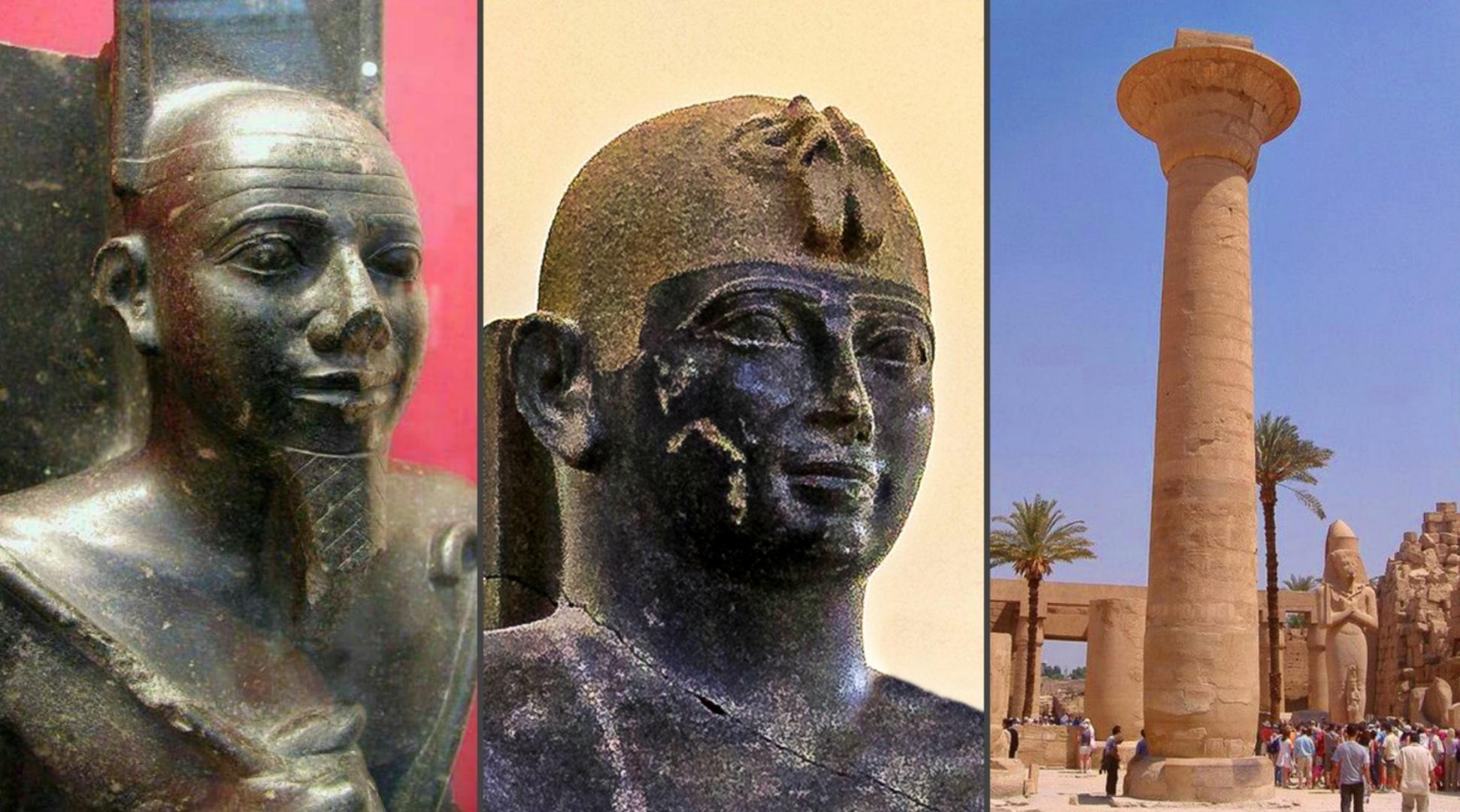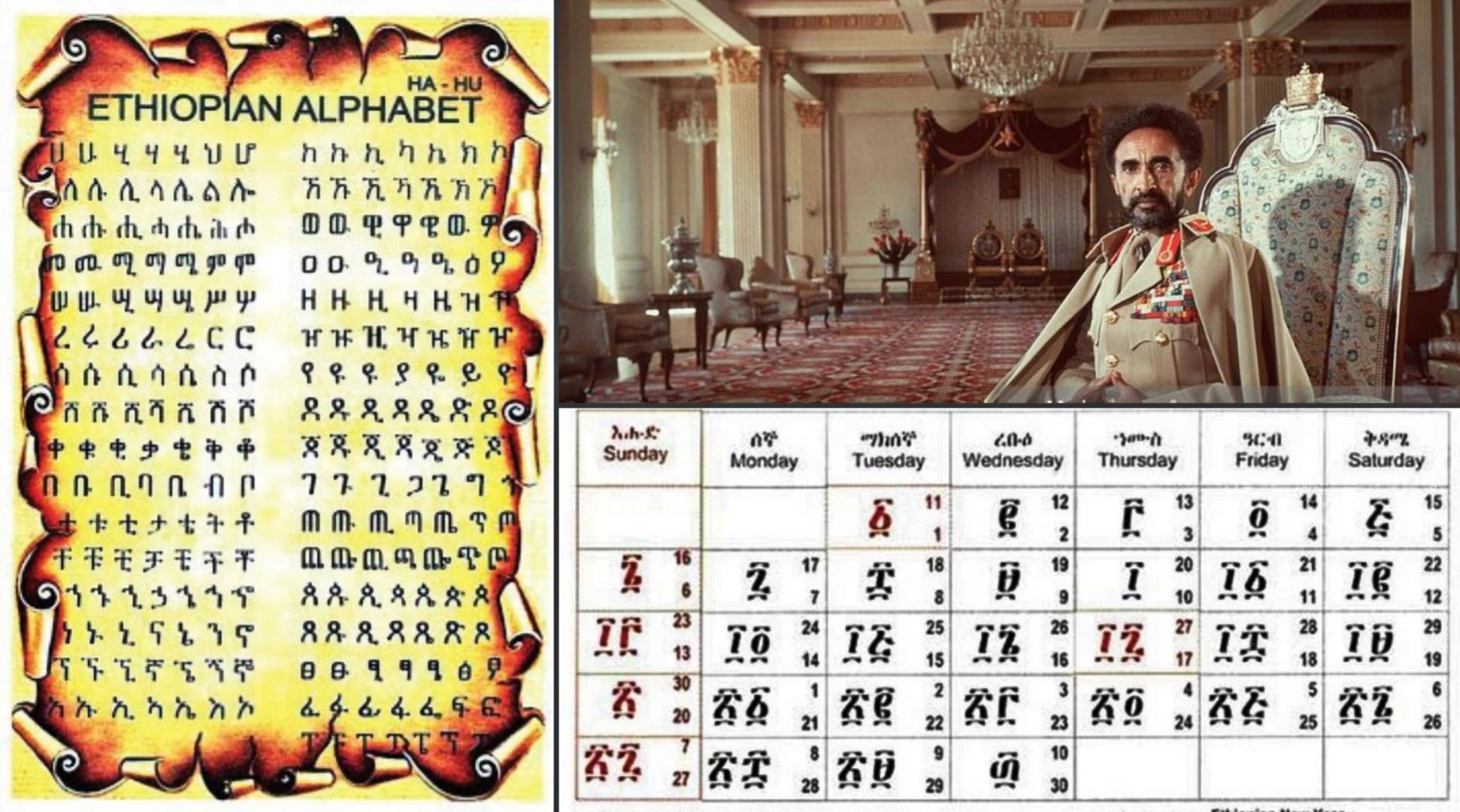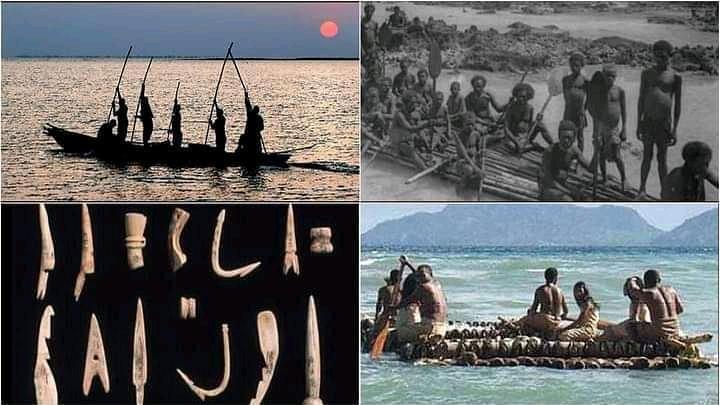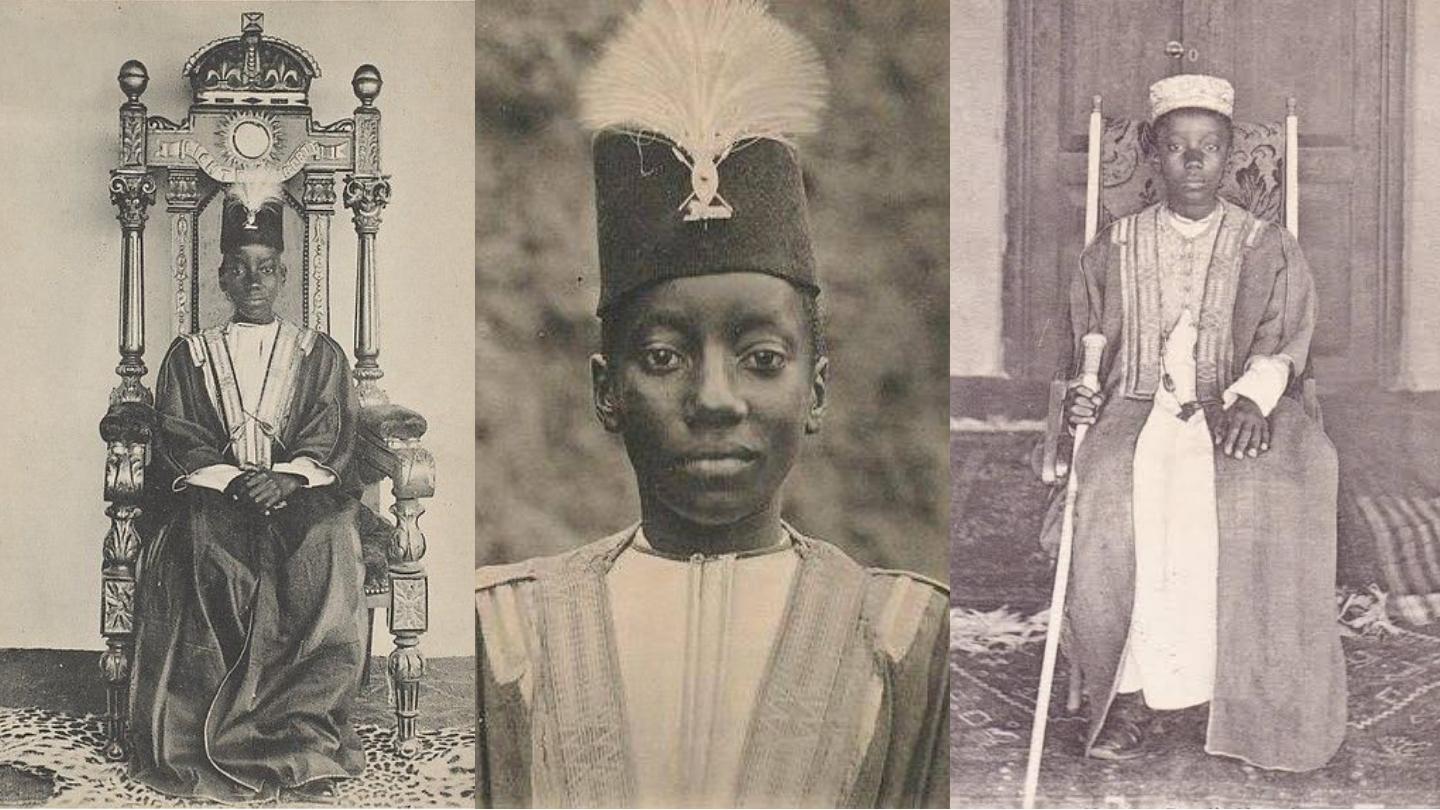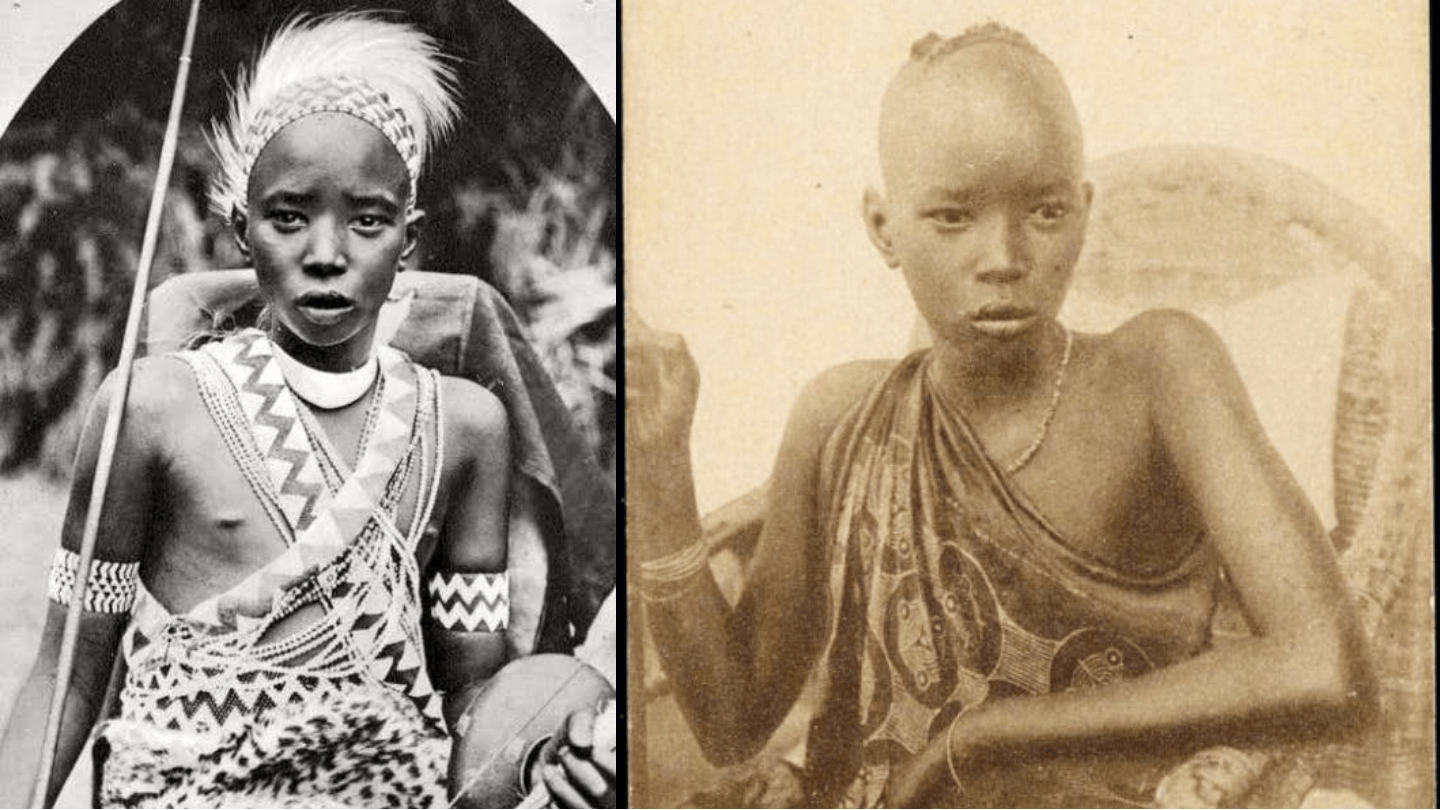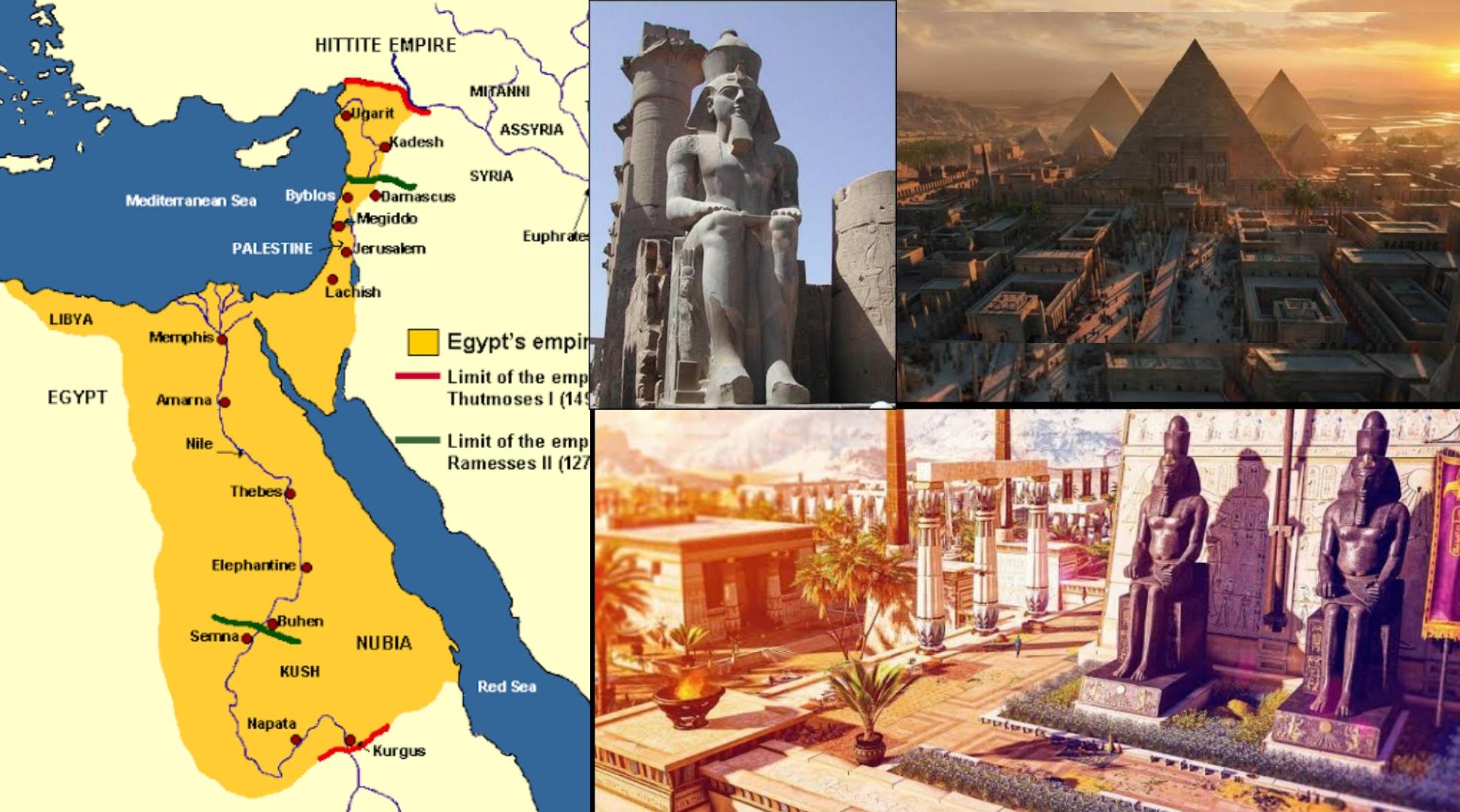Africa was home to a part of the world’s best heads in the ancient era. African women have played a significant role in the continent’s history. Queens were among the forerunners, commanding their territories with precision and patroitism. Their power has made an everlasting impression in history. Hangbe (or Hangbè, also Ahangbe or Na Hangbe) was the ruler of the …
Read More »The African History
King Menelik II, the lion of the Battle of Adwa 1896 where Ethiopian Empire defeated Italian army
Emperor Menelik II was one of Ethiopia’s most illustrious rulers, reigning as King of Shewa from 1866 to 1889 and as King and Emperor of Ethiopia from 1889 until his death in 1913. On August 17, 1884, in Ankober, Shewa, Ethiopia, he was born Sahle Miriam. Woizero Ejigayehu Lemma Adyamo, his mother, was a palace servant, and his father was …
Read More »‘Tallest’man appeals for footwear in Africa
Charles Sogli, a 22-year-old man, who is nearly eight feet tall, has appealed for a customised footwear and working gear to keep him in his welding and metal fabrication job. He also needs a special vehicle to aid his mobility. The young man, believed to be the tallest man in the Volta Region, said he dropped out of school because …
Read More »Kot Mabiinc, the paralysed king who ruled Kuba, the most culturally civilized kingdom in Africa
The Kuba kingdom, located between the Kasai and Sankuru rivers in the southern region of the Democratic Republic of the Congo, was one of the most powerful and beautiful civilizations that flourished from the 17th to the 20th centuries. Migrating from the far north to their current location in the 16th century, the Kuba kingdom was largely isolated due to …
Read More »Taharqa, King of Kush who conquered Egypt & ruled both Kingdoms 690 BC to 664 BC
Taharqa was the son of Piye, the Nubian king of Napata who had first conquered Egypt. Taharqa was also the cousin and successor of Shebitku. He was a pharaoh of the Twenty-fifth Dynasty of Egypt and qore of the Kingdom of Kush, from 690 to 664 BC. He was one of the “Kushite Pharaohs” who ruled over Egypt for nearly …
Read More »Ethiopia is the only African country with its own Calendar and alphabe developed since 100 BCE
A truly one-of-a-kind African country. Ethiopia has a long, detailed, fascinating history, a distinct national identity, incredible and untapped heritages, and rites that are both exciting and mysterious in their own right. It’s also the world’s oldest living alphabets – Ethiopic – and probably one of the longest with its 345 letters. The country is a mosaic of plethora of …
Read More »Africans were the first to organise fishing expeditions 90,000 years ago
Fishing expeditions were first organized by Africans 90,000 years ago. A finely wrought series of harpoon points, all elaborately polished and barbed, was discovered in Katanda, a region in northeastern Zare (now Congo). A well-crafted tool, thought to be a dagger, was also discovered. The findings suggested the existence of an ancient aquatic or fishing culture. Katanda Territory is one …
Read More »King Daudi Cwa II of Buganda Kingdom. Born in 1896 & became a King at age of 1 in 1897
Daudi Chewa II KCMG KBE was Kabaka of the Kingdom of Buganda from 1897 until 1939. He was the 34th Kabaka of Buganda, has a surviving daughter, Princess Addah Balilara lives in Bujjuko, Kampala. He was born on 8 August 1896, at Mengo. He was the fifth son of Kabaka Danieri Basammula-Ekkere Mwanga II Mukasa, Kabaka of Buganda, between 1884 …
Read More »King Mwambutsa IV of Burundi Kingdom, crowned at the age of 3 in 1915
Mwambutsa IV Bangiricenge (6 May 1912 – 26 March 1977) was the king (mwami) of Burundi from 1915 to 1966. He ascended to the throne following the death of his father, Mutaga IV Mbikije who reigned from 1908 to 1915. Mwambutsa was born while Burundi was under German colonial rule, and his reign mostly coincided with Belgian colonial rule (1916–62). …
Read More »Egyptian Empire c. 1550 BC – c. 1077 BC
The New Kingdom, often known as the Egyptian Empire, was the time in ancient Egyptian history between the sixteenth and eleventh centuries BC, encompassing Egypt’s Eighteenth, Nineteenth, and Twentieth dynasties. Radiocarbon dating dates the start of the New Kingdom between 1570 and 1544 BC. The Second Intermediate Period was followed by the New Kingdom, which was followed by the Third …
Read More » The African History Truly African
The African History Truly African
